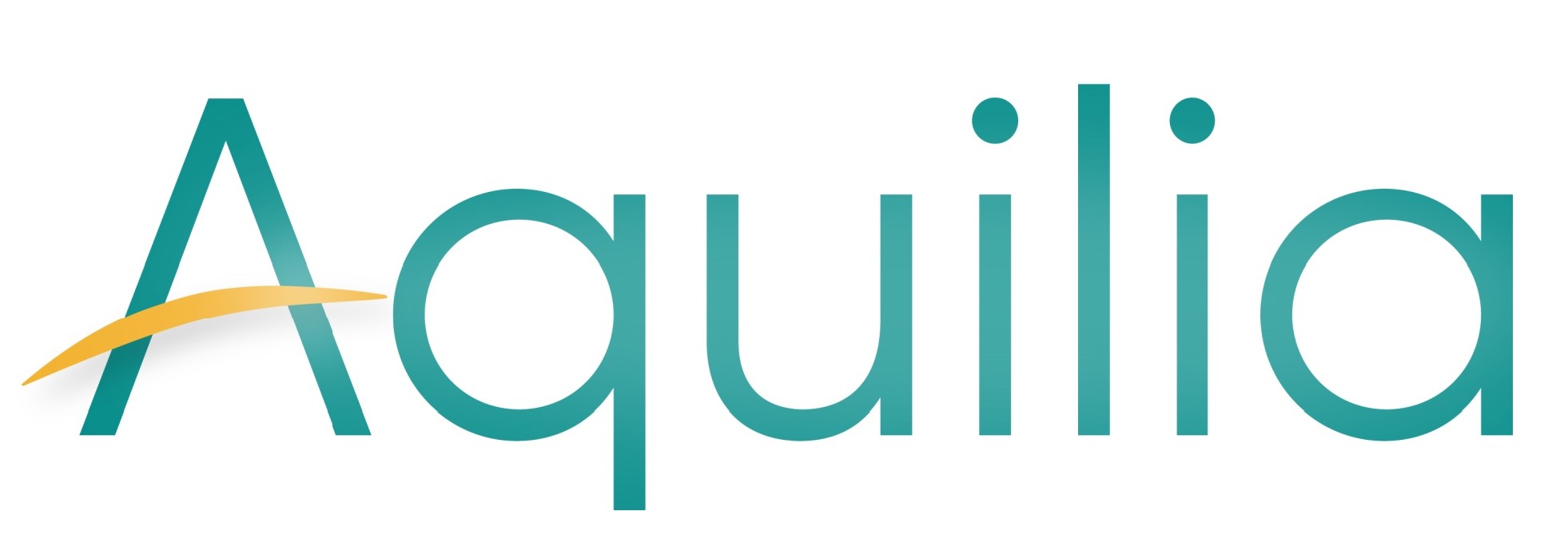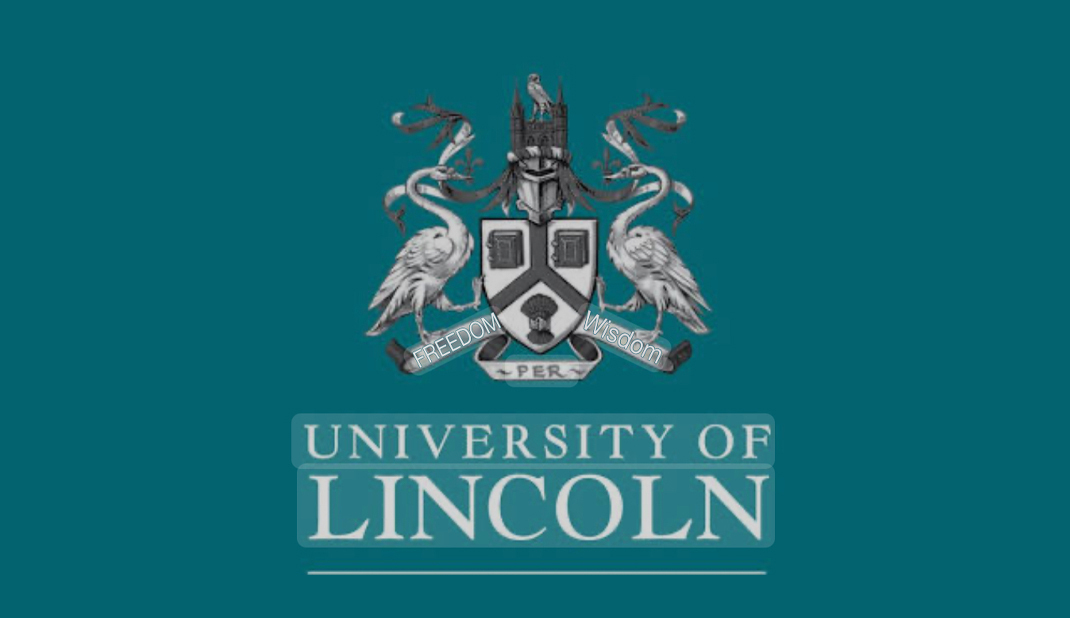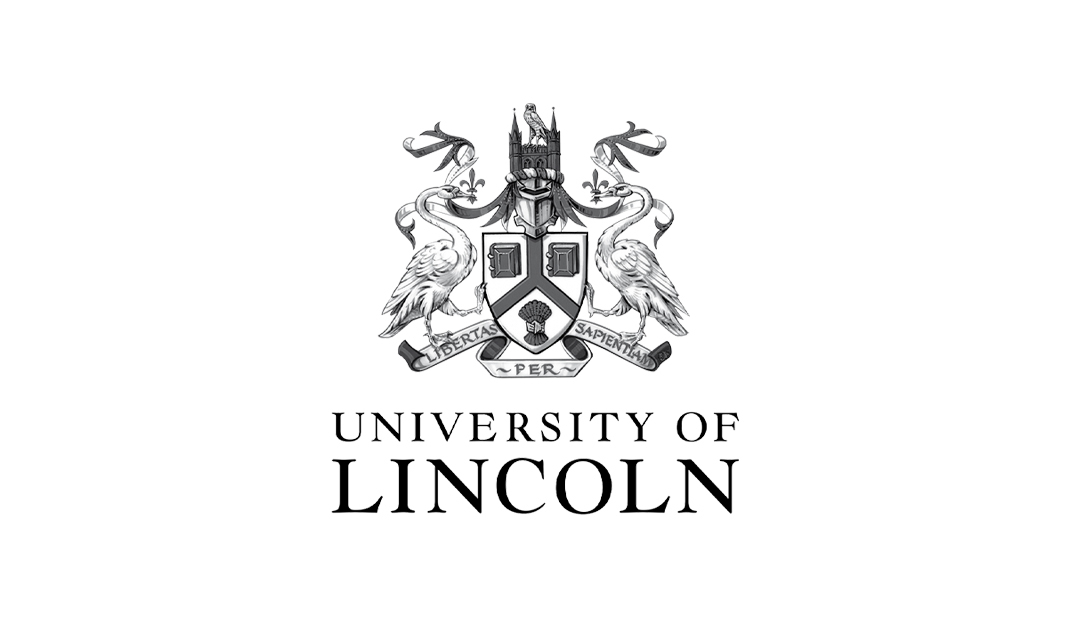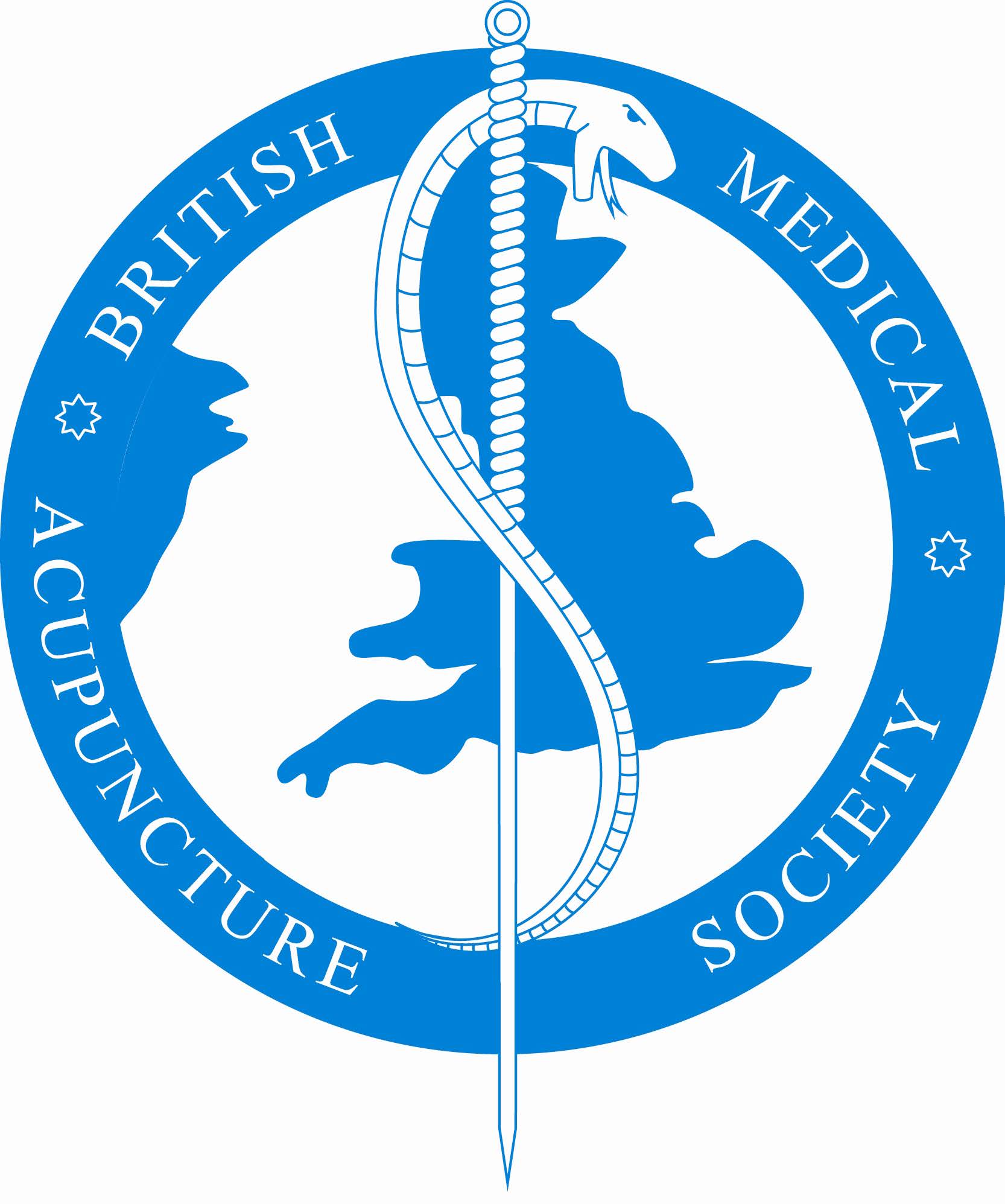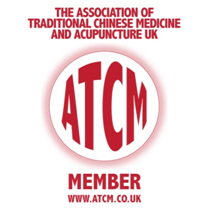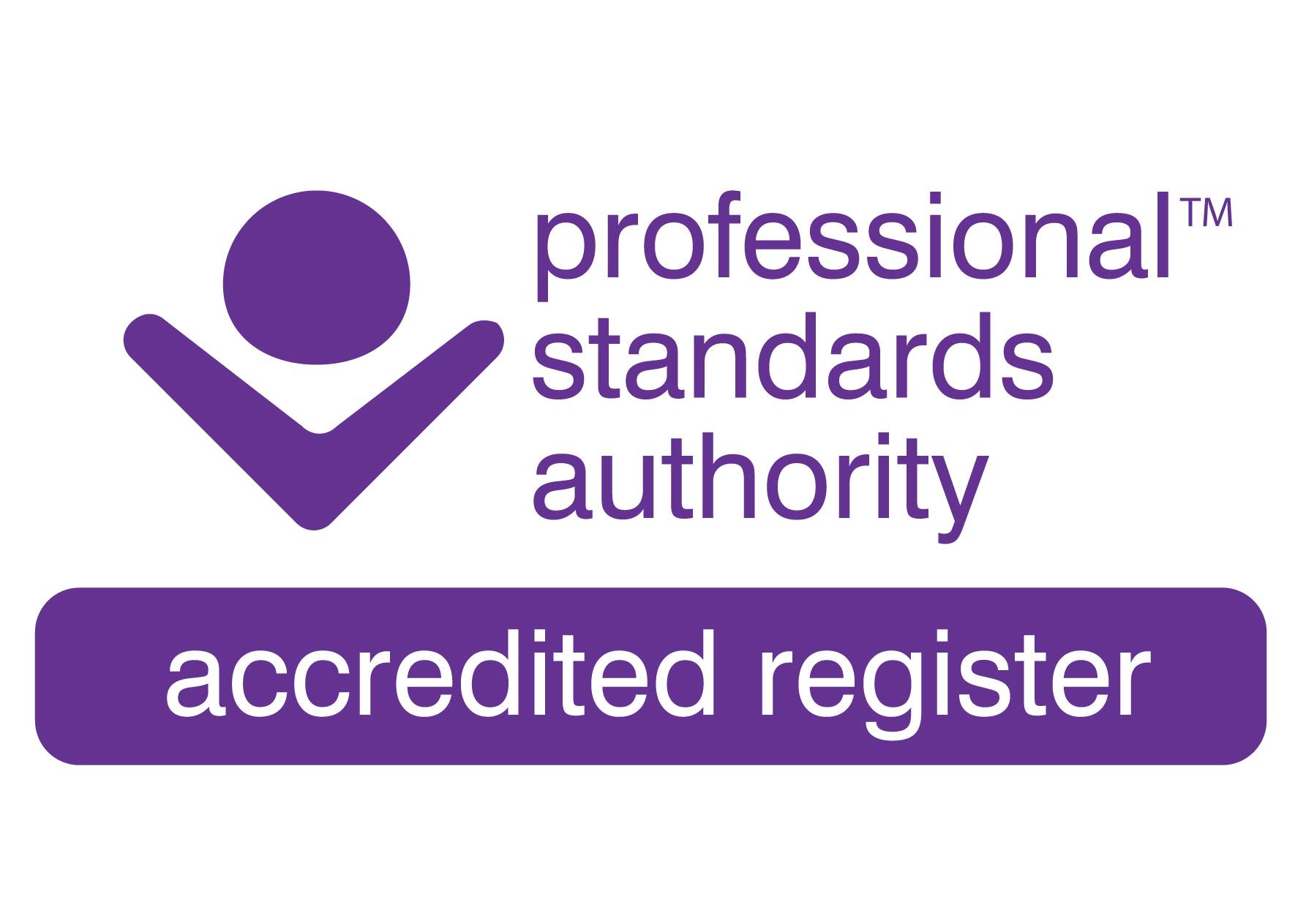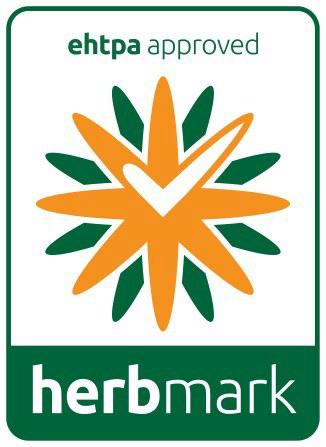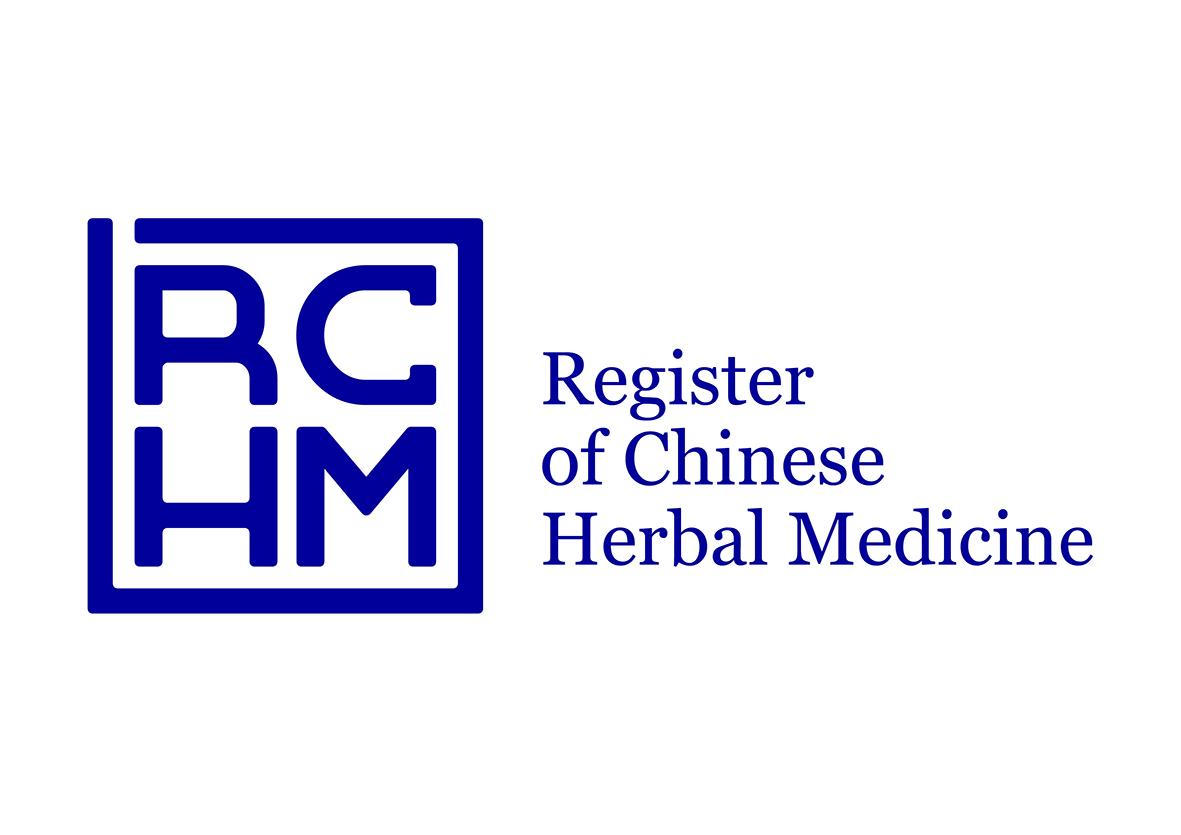Researcher Lianne Aquilina, who is also a British Acupuncture Council member, considers the evidence supporting claims that acupuncture can help women manage severe premenstrual syndrome (PMS).
Q: Can you describe the symptoms of severe PMS?
A: Generally, PMS refers to physical, emotional and behavioural symptoms that occur in the two weeks prior to the onset of menstruation. This condition affects a woman’s quality of life and the term applies when the symptoms occur for two or more consecutive menstrual cycles. A woman is asked to subjectively record her symptoms in a diary before a diagnosis is made. Diagnosis is made based on the timing of and also severity of her symptoms.
Severe PMS is possibly currently underdiagnosed, with different estimates of prevalence. A differential diagnosis may need to be made. Women with severe PMS can benefit from management by a multidisciplinary specialist team of health professionals, which could include a professional acupuncturist.
Q: What does the current research show us?
A: A Cochrane systematic review found that acupuncture may help to improve the overall mood and physical symptoms of PMS compared to sham acupuncture. Acupressure was found to possibly produce a reduction in the number of women experiencing severe or moderate PMS and improve the physical and mental aspects associated with her quality of life.
This research is based on a small number of women and clinical trials. A more recent review with a much larger sample size of women and clinical trials found acupuncture reduced the symptoms of moderate to severe PMS.
The limitations in the existing results are that some acupuncture trials were found to be potentially at high risk of bias due to lack of blind-testing of women and incomplete data. Reporting of randomisation methods and allocation concealment should be improved to be clearer in regard to selection bias.
It is also necessary to note that, while selective serotonin reuptake inhibitors (SSRIs) are a routine treatment recommended for severe PMS, a Cochrane systematic review reveals limitations that should also be considered. Researchers assessing the risk of bias were not able to determine whether there was a high risk or low risk of bias across many domains including methods of randomisation (sequence generation and allocation concealment), blind-testing and selective reporting bias. Certain findings in this review are based on low-quality evidence.
The researchers of the Cochrane review on acupuncture and PMS did not identify any trials where acupuncture was compared to current recommended pharmaceutical management for PMS (SSRIs). Future research could answer this very important question: “how does acupuncture compare to usual care?”
For now, in the UK, acupuncture should be based on a case by case management basis. This is similar to how other medical professionals manage their patients (according to NICE guidelines).

Lianne Aquilina RDN, Dip Ay, BSc Hons, MSc, PGDip, MBAcC, MATCM, MAAC, MBMAS, MRCHM
Director of Aquilia Acupuncture
Acupuncturist, Researcher
This is an opinion piece outlining a new cohort study in press that examined the link between acupuncture during ovarian hyperstimulation and live birth rates.
Lianne holds a specialised Master of Science in Applied Health Research from the University of York. She has over twenty years of experience as an acupuncturist and has served as a visiting guest lecturer on acupuncture for IVF and the critical appraisal of research. Lianne is a trustee of the Research Council for Complementary Medicine UK. She contributed to the European Society of Human Reproduction and Embryology (ESHRE) guidelines on the number of embryos to transfer during IVF/ICSI. She is an independent UK expert in research. She is coauthor of the best-selling international textbook for acupuncturists, “Acupuncture for IVF: An Integrated Approach to Treatment Management.”


